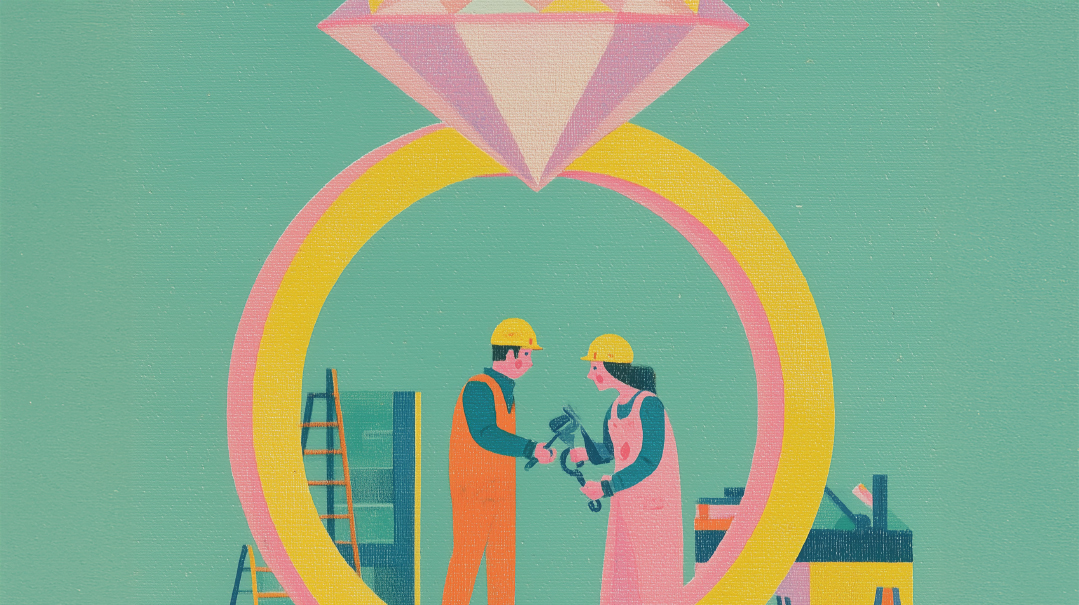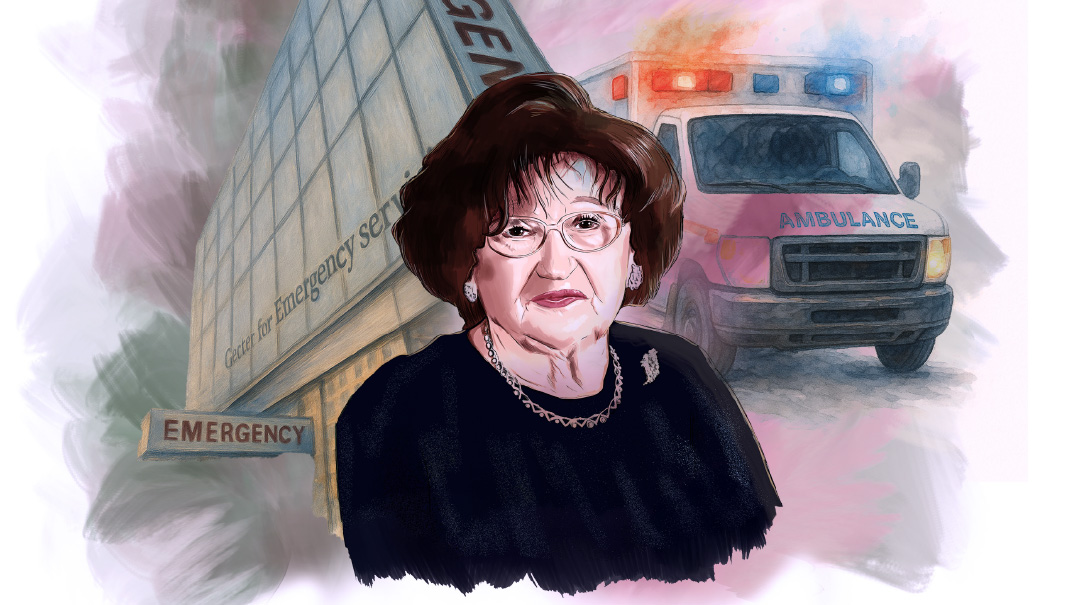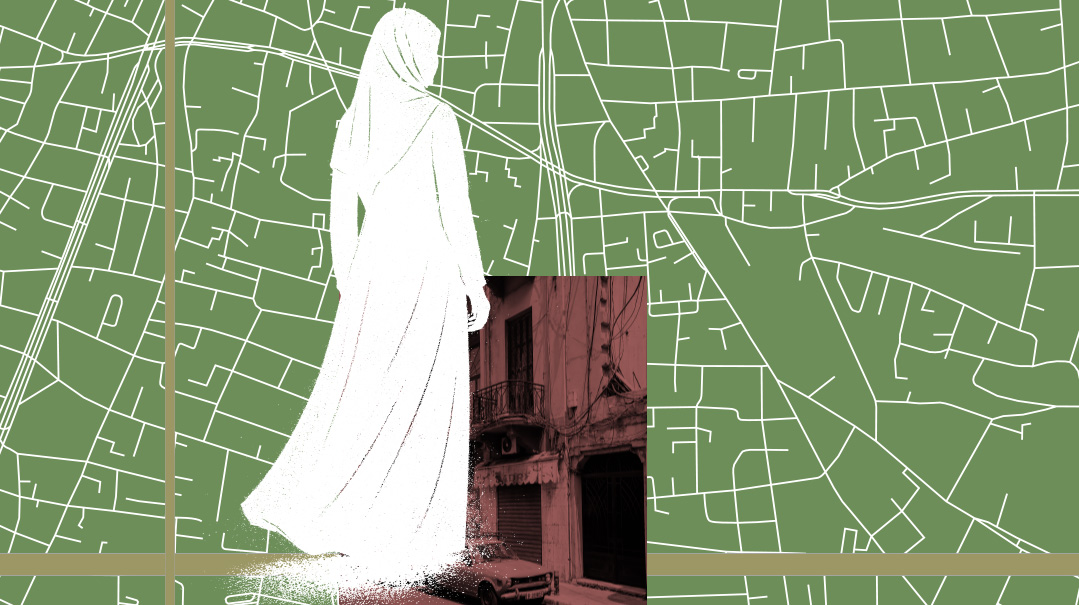Gloom to Bloom
| August 17, 2021In addition to pain and grief, traumatic experiences sometimes leave gifts in their wake

Oriyah Dobkin* was playing with her children when her sister called her to tell her to get on a plane to NY immediately.
“Is it Avi?” she asked, referring to their brother.
“Yes,” said her sister.
“Is he okay?”
“No, he’s not.”
Oriyah started to murmur pirkei Tehillim, then stopped and asked if Avi was still alive. “No,” was the response. The floor collapsed beneath her feet.
Avi had been battling an opioid addiction for years, cycling in and out of rehabilitation centers. Oriyah and her family had been living in fear, never knowing if he was going to make it through. He’d managed to hold tight, even showing some improvement over the previous few months. To suddenly lose him, when she thought he was doing better, was devastating.
Positive Spin
Nearly everyone on the planet would, if given the choice, prefer to avoid any traumatic events in their lives. However, most people will, at some point or another, and to differing degrees, experience trauma. Often, traumatic events can lead to post-traumatic stress disorder (PTSD). Sufferers can experience a variety of physical, mental, and emotional consequences, including anxiety, depression, panic attacks, eating disorders, migraines, and intrusive thoughts and memories.
For a long time, the presumption was that trauma by default creates emotional harm, and with “luck” and intervention, a select number of trauma victims can eventually heal and continue life as normal.
In the mid-1990s, psychologists Richard Tedeschi and Lawrence Calhoun published Trauma & Transformation: Growing in the Aftermath of Suffering. This work outlined a newly recognized psychological phenomenon where people experience positive life changes following a traumatic life event. These changes include finding a deeper meaning in and heightened appreciation of life, enhanced relationships, shifted priorities, and a widening of an individual’s emotional lens.
During the initial days following her brother’s death, Oriyah was in a state of shock. The possibility of her brother overdosing and dying had existed, but she didn’t believe it would actually happen. As she began to process his death and work through her grief, she resumed her regular life.
In the following months, Oriyah started to notice that along with her sadness and grief, she’d been having positive experiences as well. Every morning, she felt motivated to utilize her day to its maximum potential, and she became keenly focused on fulfilling her life’s mission. “I was surprised to experience anything positive related to the tragedy of losing my brother,” she says.
Oops! We could not locate your form.







